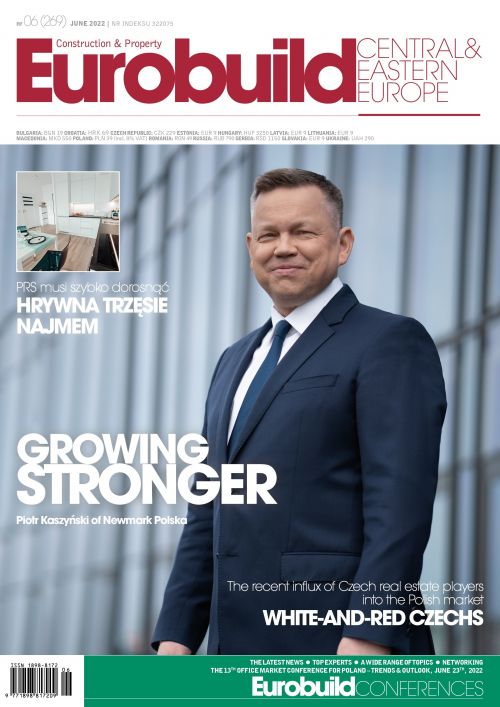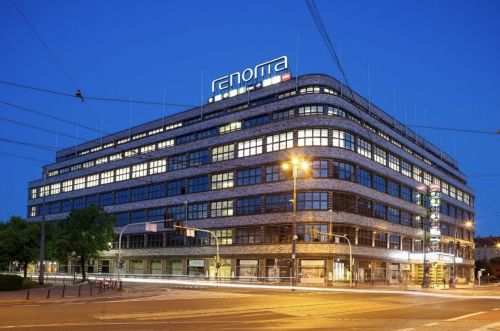Women in real estate are being promoted, are coordinating projects, managing teams in all departments and are rising up the company hierarchies. “Women occupy key managerial positions at Neinver in Poland,” insists Bożena Gierszewska-Mroziewicz, the country head of Poland and Central Europe and asset management director at outlet centre Neinver. “There are thirteen women here, all at different stages of their careers and private lives. Along with following the work code regulations, which we observe without question, we all support each other, since we know and understand the demands of being a mother and a wife,” she explains.
No longer such a minority
Residential and office developer Waryński Holding Group also has something to be proud of, as most of its employees are women. “Half of the management positions are filled by women and the same is true of the board,” points out Anna Lemanowicz, the director of marketing and sales at Waryński


























































